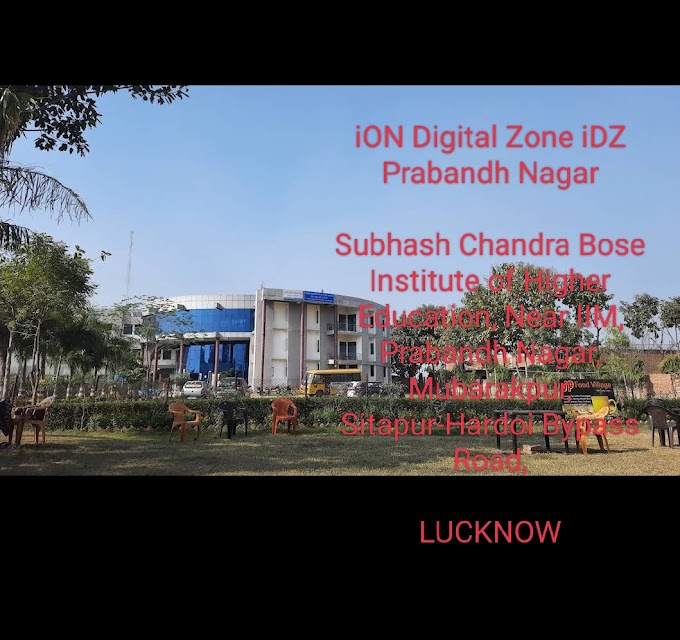jee main 2020 exam date
- Application Begin : 07/02/2020
- Last Date for Apply Online : 12/03/2020
- Fees Payment Last Date : 12/03/2020
- Correction Date : 13-16 March 2020
- Change Exam Center Last Date : 03/05/2020
- Exam Date Online : 05-11 April 2020 (Postponed)
- Exam Date Online : 18-23 July 2020
- Re Open Apply Online : 19-24 May 2020
- Admit Card Available : July 2020
- Result Declared : Notified Soon
jee main admit card
Card Available : July 2020
jee main syllabus==
JEE Main 2020 Syllabus
NTA has published JEE Main 2020 syllabus for Paper 1, 2 and 3 in online mode on the official website. This year, the authority has separated BPlan from BArch. The syllabus will help candidates to plan their studies accordingly.
Before starting with preparations, candidates must know the detailed syllabus. Going through the JEE Main syllabus, students will know topics of every subject that are important from JEE Main point of view.
JEE Main 2020 Syllabus for Paper 1
Mathematics:
Unit 1: Sets, relations, and functions
Unit 2: Complex numbers and quadratic equations
Unit 3: Matrices and determinants
Unit 4: Permutations and combinations
Unit 5: Mathematical induction
Unit 6: Binomial theorem and its simple applications
Unit 7: Sequences and series
Unit 8: Limit, continuity, and differentiability
Unit 9: Integral calculus
Unit 10: Differential equations
Unit 11: Co-ordinate geometry
Unit 12: Three-dimensional geometry
Unit 13: Vector algebra
Unit 14: Statistics and probability
Unit 15: Trigonometry
Unit 16: Mathematical reasoning
Physics
Unit 1: Physics And Measurement
Unit 2: Kinematics
Unit 3: Laws Of Motion
Unit 4: Work, Energy, and Power
Unit 5: Rotational Motion
Unit 6: Gravitation
Unit 7: Properties Of Solids And Liquids
Unit 8: Thermodynamics
Unit 9: Kinetic Theory Of Gases
Unit 10: Oscillations And Waves
Unit 11: Electrostatics
Unit 12: Current Electricity
Unit 13: Magnetic Effects Of Current And Magnetism
Unit 14: Electromagnetic Induction And Alternating Currents
Unit 15: Electromagnetic Waves
Unit 16: Optics
Unit 17: Dual Nature Of Matter And radiation
Unit 18: Atoms And Nuclei
Unit 19: Electronic Devices
Unit 20: Communication Systems
Chemistry:
Unit 1: Some Basic Concepts In Chemistry
Unit 2: States Of Matter
Unit 3: Atomic Structure
Unit 4: Chemical Bonding And Molecular Structure
Unit 5: Chemical Thermodynamics
Unit 6: Solutions
Unit 7: Equilibrium
Unit 8: Redox Reactions And Electrochemistry
Unit 9: Chemical Kinetics
Unit10: Surface Chemistry
Section B: Inorganic Chemistry
Unit 11: Classification Of Elements And Periodicity In Properties
Unit 12: General Principles And Processes Of Isolation Of Metals
Unit 13: Hydrogen
Unit 14: S – Block Elements (Alkali And Alkaline Earth Metals)
Unit 15: P – Block Elements
Unit 16: D – And F – Block Elements
Unit 17: Co-Ordination Compounds
Unit 18: Environmental Chemistry
Section C: Organic Chemistry
Unit 19: Purification And Characterization Of Organic Compounds
Unit 20: Some Basic Principles of Organic Chemistry
Unit 21: Hydrocarbons
Unit 22: Organic Compounds Containing Halogens
Unit 23: Organic Compound, Containing Oxygen Alcohols, Phenols and Ethers, Carboxylic Acids
Unit 24: Organic Compounds Containing Nitrogen
Unit 25: Polymers
Unit 26: Biomolecules
Unit 27: Chemistry In Everyday Life
Unit 28: Principles Related To Practical Chemistry






